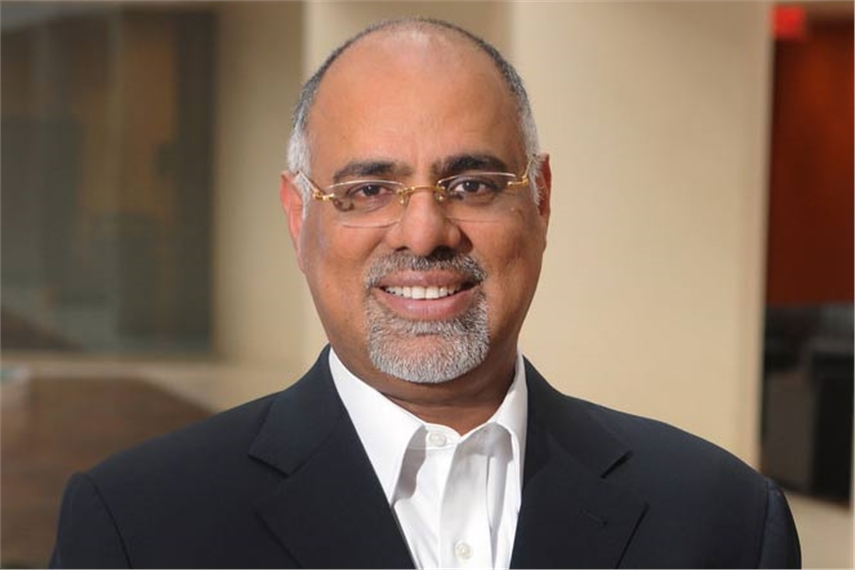Marketing in times of crisis: Mastercard's global CMO shares four common traps and how to do better
"It's important that marketers learn from these times to better understand how to show up and communicate in times of crisis."
by Raja Rajamannar

To continue enjoying this content, please sign in below. You can register for free for limited further access or subscribe now for full access to all out content.
Sign In
Trouble signing in?
Register for free
✓ Access limited free articles each month
✓ Email bulletins – top industry news and insights delivered straight to your inbox
Subscribe
✓ All the latest local and global industry news
✓ The most inspirational and innovative campaigns
✓ Interviews and opinion from leading industry figures
